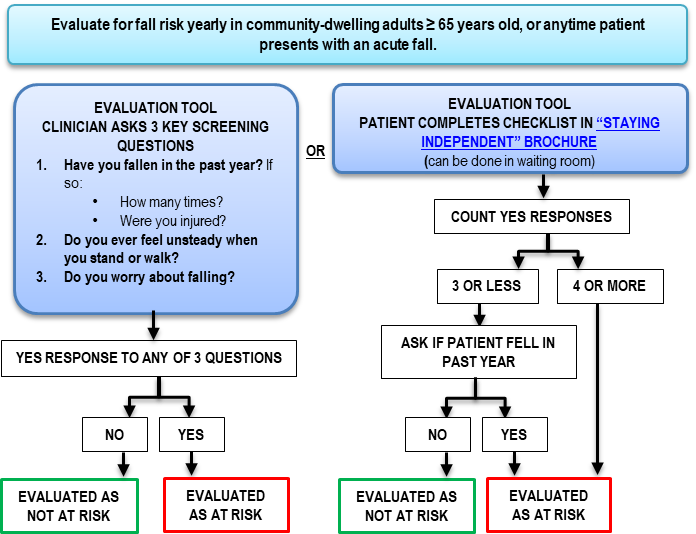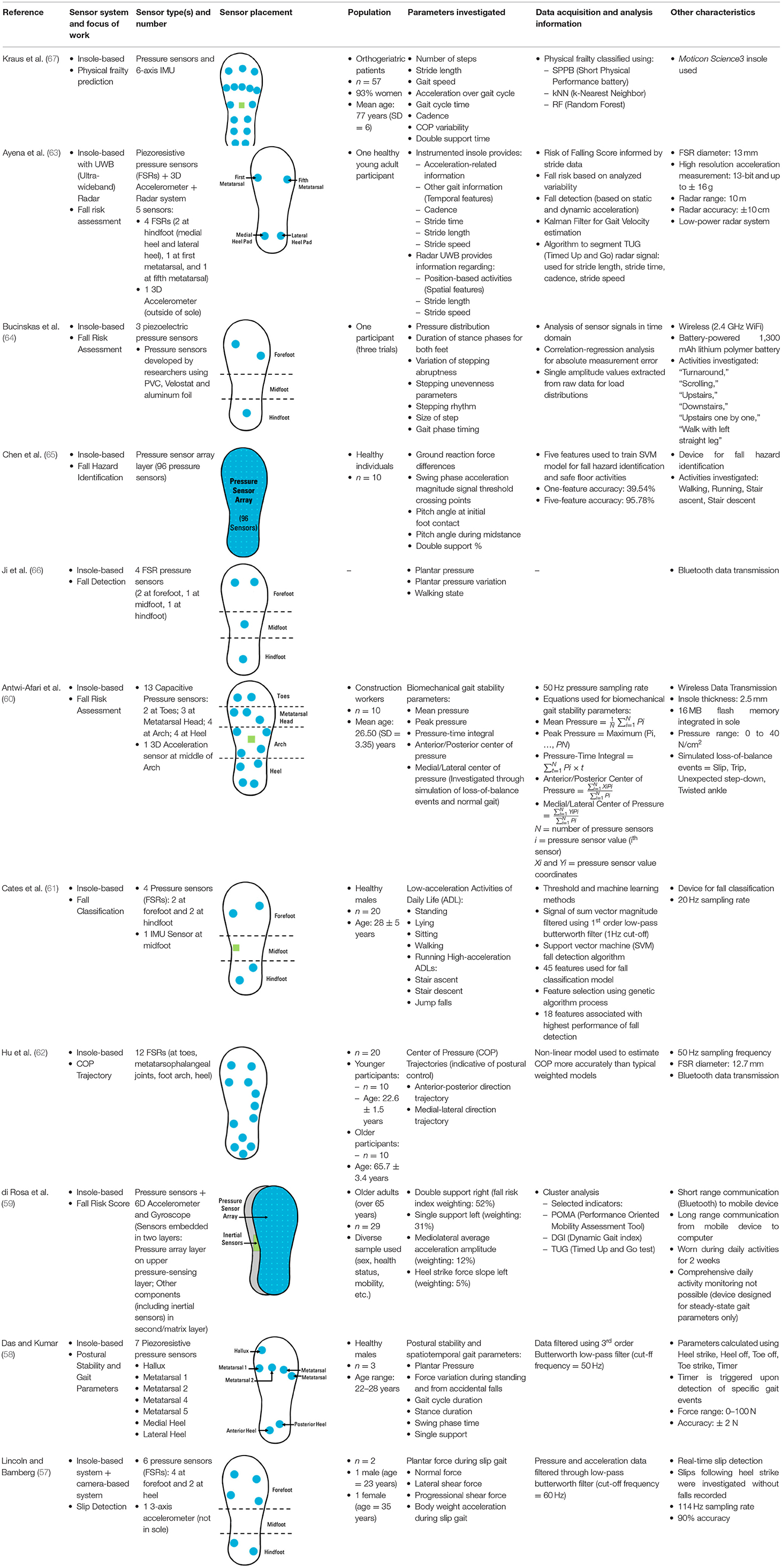Dementia Fall Risk Fundamentals Explained
Dementia Fall Risk Fundamentals Explained
Blog Article
The Facts About Dementia Fall Risk Revealed
Table of ContentsNot known Details About Dementia Fall Risk Some Ideas on Dementia Fall Risk You Need To KnowThe Definitive Guide to Dementia Fall RiskThe Dementia Fall Risk StatementsEverything about Dementia Fall Risk
You may be anxious since you have actually had a fall before or since you have actually noticed you're starting to really feel unstable on your feet. You could have observed adjustments to your wellness, or simply seem like you're reducing down a little. Whatever the reason, it isn't unusual to become mindful and shed confidence, and this can stop you doing the important things you used to do and make you really feel a lot more separated.If you've had a fall or you have actually begun to really feel unsteady, tell your doctor also if you really feel fine otherwise. Your medical professional can examine your equilibrium and the way you stroll to see if renovations can be made. They may be able to refer you for a falls danger analysis or to the drops avoidance solution.
This information can be acquired with meetings with the person, their caregivers, and a testimonial of their medical records. Begin by asking the individual regarding their background of drops, including the frequency and situations of any type of current falls. Dementia Fall Risk. Inquire concerning any kind of mobility problems they might experience, such as unstable or trouble walking
Conduct a complete testimonial of the individual's drugs, paying specific interest to those recognized to enhance the risk of falls, such as sedatives or medicines that lower high blood pressure. Figure out if they are taking several medicines or if there have actually been recent changes in their medicine regimen. Review the person's home atmosphere for possible risks that can increase the risk of drops, such as poor illumination, loose rugs, or lack of grab bars in the bathroom.
The Dementia Fall Risk Ideas
Overview the individual through the loss danger assessment type, clarifying each concern and taping their reactions precisely. Make certain that the private recognizes the purpose of the assessment and feels comfy supplying straightforward solutions. Compute the total threat rating based upon the responses provided in the evaluation form. Figure out the person's threat classification (reduced, tool, or high) based upon the overall rating and the presence of automated risky status variables.
Frequently keep track of the individual's progress and reassess their danger of falls as needed. Supply recurring education and support to advertise security and minimize the risk of drops in their daily living tasks.
Several research studies have revealed that physical treatment can assist to lower the risk of falling in adults ages 65 and older. In a new research study (that took a look at drops threat in ladies ages 80 and older), researchers calculated the financial impact of selecting physical therapy to avoid drops, and they discovered that doing so conserves $2,144, including all the covert prices of your time, discomfort, missed life events, and the bucks paid for services.
9 Simple Techniques For Dementia Fall Risk
Analyzing your balance, strength, and walking ability. A home safety and security analysis. Based on the evaluation results, your physical therapist will design a strategy that is customized to your particular requirements.
Older adults who have trouble walking and speaking at the same time are at a higher risk of dropping. Dementia Fall Risk. To aid boost your security during day-to-day tasks, your physical specialist might develop a training program that will test you to maintain standing and walking while you do another job. Instances include strolling or standing while counting backward, having a conversation, or bring a bag of groceries
Your physiotherapist likewise can recognize which tasks you should stay clear of to stay secure. Community-based falls avoidance programs aid people to: Reduce their anxiety of falling. Set objectives for boosting their exercise. Make their homes much safer. Exercise extra to boost their toughness and equilibrium. These programs typically are led by volunteer trainers.
The Ultimate Guide To Dementia Fall Risk

Measles, or rubeola, is a very contagious, acute viral transmittable disease created by the measles infection. read the full info here Some individuals consider measles as just a rash and high temperature that cleans up in a few days; nevertheless, measles can create major health problems, particularly in youngsters more youthful than 5-years-old. The very best protection versus measles is the measles, mumps, and rubella (MMR) vaccination.
Autumns are a typical reason of injury among older adults.
Everything about Dementia Fall Risk

She has no history of drops, her stride is stable, and she voids with no concerns. The previous registered nurse states that she calls for support to the restroom when she requires to go.
Instances of common loss interventions/measures include: Making sure a patient's crucial items are within page reach. Past understanding exactly how to make use of the Johns Hopkins Fall Danger Evaluation Device, it's essential that centers incorporate its use right into an extra extensive autumn prevention plan.
Report this page